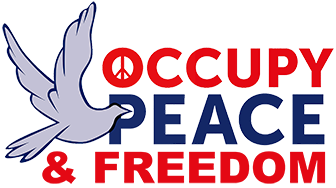With Biden refusing to delist IRGC as a terror group and Iran continuing nuclear proliferation, prospects of a return to accord look bleak
in Washington
Published date: 10 June 2022 20:21 UTC | Last update:1 month 3 days ago
Fourteen months after the US joined talks in Vienna aimed at reviving the Iran nuclear deal, experts say the Biden administration is unwilling to take the final steps over the finish line because of a lack of “political will”.
Returning to the accord was a key part of Biden’s foreign policy platform during his presidential campaign, during which he pledged to use “hard-nosed diplomacy and support from our allies to strengthen and extend [the Iran deal]”.
Now, with most of the agreement having been drafted, talks have stalled as Iran demands the White House reverse Donald Trump’s April 2019 decision to designate the Iranian Islamic Revolutionary Guards Corps (IRGC) as a foreign terror organisation (FTO).
At the time of the listing, the move was condemned as a “poison pill” that would only work to derail a potential return to the nuclear deal, from which the Trump administration unilaterally walked away in 2018.
‘This is all about political will’
– Trita Parsi, Quincy Institute for Responsible Statecraft
Now, the IRGC listing is understood to be the final remaining impediment for a negotiated return to the deal – which many say is the only path towards keeping Iran away from obtaining an atomic bomb.
According to analysts, a decision to remove the FTO designation would not denote an actual change, as sanctions on the IRGC would remain.
Trita Parsi, co-founder and executive vice-president of the Quincy Institute for Responsible Statecraft, says Biden is reluctant to remove sanctions on the IRGC due to political pressure on the White House.
“This is all about political will. If there was such a thing as a point of no return – and we were to believe the rhetoric of the Biden administration – we passed it months ago,” Parsi told Middle East Eye.


Recent Comments